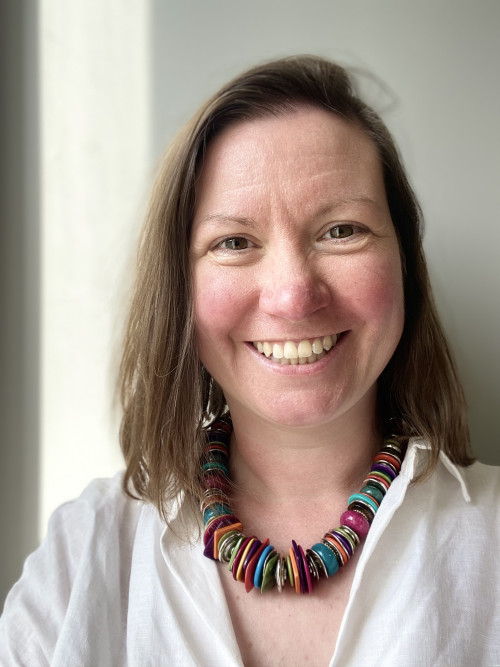
Te Whatu Ora Clinical Psychologist Frances Oliver says it is important to remember that Hawke’s Bay is grieving the loss of loved ones, homes, land and livelihoods, and many have come through traumatic experiences.
Dr Oliver, from Te Whatu Ora in Te Matau a Māui Hawke’s Bay, says our local communities are already carrying the burden of recovering from previous adverse weather events over the past few years such as drought, hail, earlier floods, plus the added unpredictability of COVID-19 in recent years.
“The cyclone has been a major stressor on top of that,” Dr Oliver says.
She says it’s normal for people to feel emotional in the aftermath of such a disaster, and their senses may be heightened when coming through a trauma.
“People might be struggling to turn their brain off and finding they are thinking about the event or what they have got to do the next day,” she says.
“Feeling anxious or keyed-up, finding you are unable to sleep, having difficulty concentrating or feeling frustrated more easily, are all normal reactions following an event like this one.”
Dr Oliver says it’s important to remember grief takes time. “It involves us saying goodbye to the things that we have lost but also building a new way of life for ourselves.”
Acknowledging everybody has had different experiences in Cyclone Gabrielle is also important, she says. “There are some people who will find the path to recovery straight forward, while others will have a long road ahead.”
“It’s really important more than anything that we are kind to each other, as through the grief process, some of us also have to put to rest incredibly harrowing experiences.”
Prioritising good self-care is also key. “That means making sure we are sleeping and eating well, connecting with friends and whānau, and engaging in activities that are enjoyable or meaningful to you – and if you are having a hard time doing that, reaching out and talking to someone about it.
“For our tamariki and young people who need more reassurance at this time, it’s important to balance working through the recovery with routine and family events.”
Advice for whānau to uplift our taha hinengaro
Taha hinengaro, our mental and emotional health, plays a big part in our overall hauora and wellbeing. After Cyclone Gabrielle it’s normal to experience difficult emotions like feeling mamae (hurt), taumaha (heavy) and whakapouri (overwhelmed).
We can acknowledge these emotions and release them through finding safe spaces to kōrero with whānau and friends, or with a professional such as your GP, health coach, counsellor or hauora provider.
Here are some other tools that can help uplift your taha hinengaro (mental and emotional health)
- Karakia and waiata
- Hikitia te hā – practising breathing exercises
- Kaitahi – sharing a meal with friends and whānau
- Kapa haka – watching Matatini on TVNZ+
- Marae – get involved with marae/community events.
Where you can seek help
- To connect to a local provider who can help head online at wellbeingsupport.health.nz – enter your address and find services nearby.
- At most general practices you can phone and book in to see a Health Improvement Practitioner (HIP), a registered mental health professional who provides advice and support promoting self-management, and connects people to other services they may need. Every day, HIPs have appointments that are not pre-booked so you can phone a general practice where you are enrolled and book in on that day.
- You can ask your GP for a referral for counselling.
- Civil Defence welfare assessments (including referral on for mental health support) are ongoing by phoning 0800 117 672 (8am to 8pm weekdays and 8am to 4pm weekends).
For more information contact:
Te Whatu Ora Hawke’s Bay media team
Mobile: 027-599-9507






Post your comment
Comments
No one has commented on this page yet.